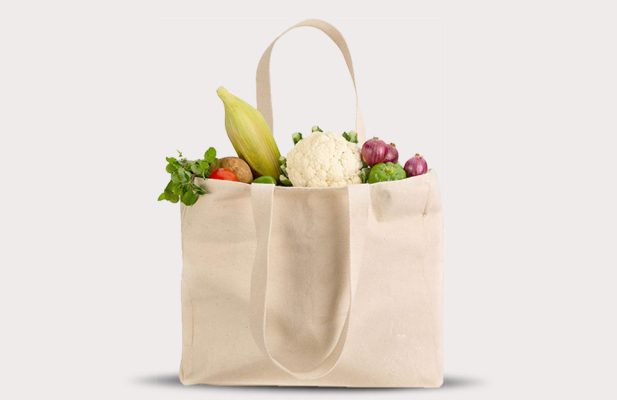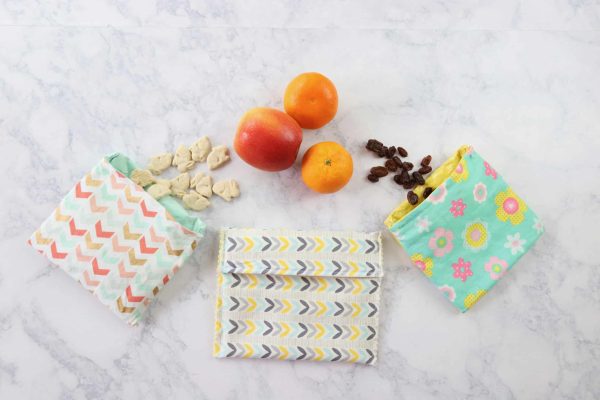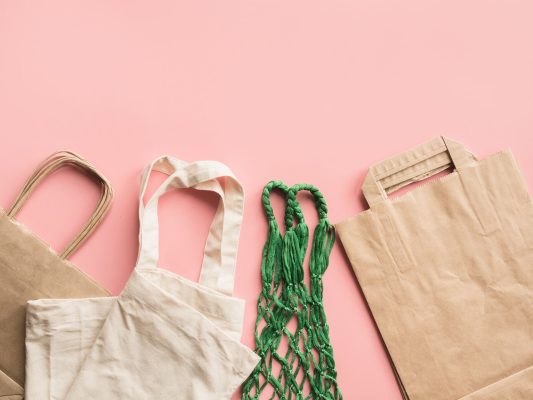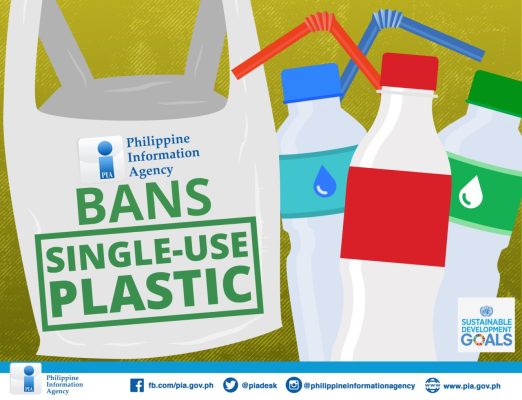No products in the cart.
Uncategorized
How to Reduce Single-Use Plastic Bags at Home: 5 Most Effective Ways
Single-use plastic bags are one of the most common types of waste in the world. They are made from polyethylene, a type of plastic that is not biodegradable and can last in the environment for hundreds of years. Single-use plastic bags cause serious environmental pollution, and they can also be harmful to human health.
There are several ways to reduce single-use plastic bags at home. Here are some tips:
- Bring your own reusable bags when you go shopping.

2. Opt for paper bags instead of plastic ones when you do small grocery shopping.

3. Create your own reusable food bags from fabric or paper

4. Choose products that are not packaged in plastic, such as fruits and vegetables that are not pre-packaged.

5. Reuse old plastic bags to hold trash or other items.
Reducing single-use plastic bags is a small but meaningful action. By changing our habits, we can help protect the environment and human health.
Here are some of the benefits of reducing single-use plastic bags:
- Reduce environmental pollution: Single-use plastic bags can last in the environment for hundreds of years, causing serious pollution. When plastic bags are improperly disposed of, they can clog drains, rivers, lakes, oceans, and beaches, and they may be mistaken for food by wildlife.
- Protect human health: Single-use plastic bags can contain harmful chemicals that pose risks to human health when they come into contact with food or water. These chemicals can lead to diseases such as cancer, birth defects, and endocrine disorders.
- Save money: Single-use plastic bags are often sold at a cheap price, but they result in high costs for the environment and human health. By reducing their usage, we can save money on waste disposal and healthcare expenses.

If you want to help protect the environment and human health, start by reducing single-use plastic bags at home.
